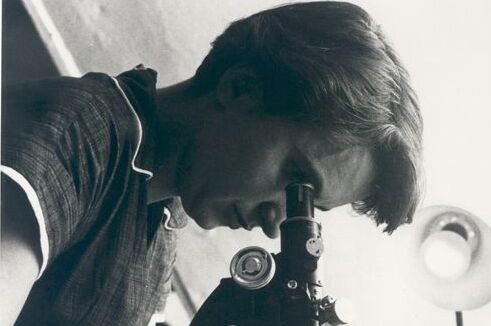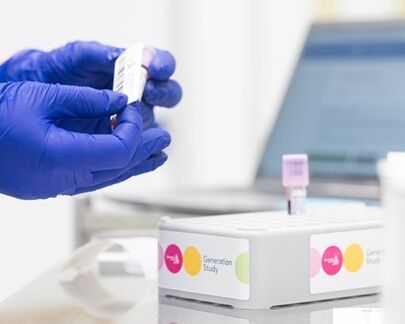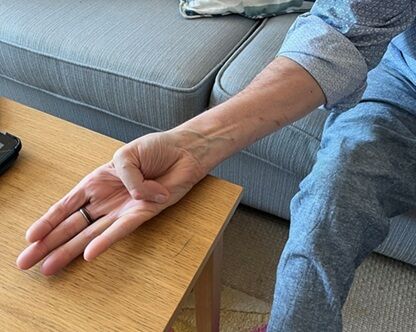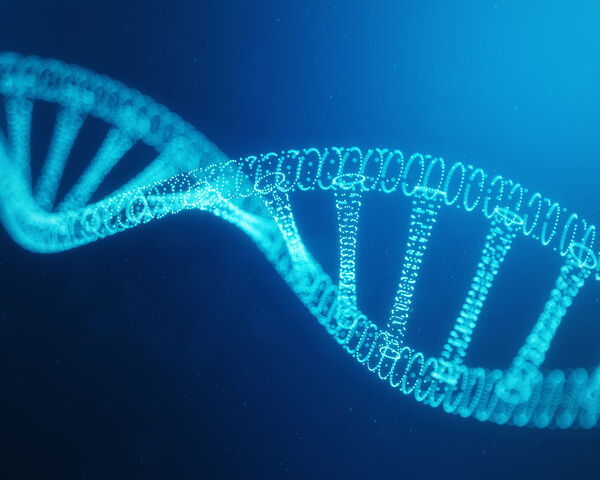100th birthday of pioneering British scientist Rosalind Franklin

The Chair of Genomics England is calling on young women across the United Kingdom to follow in the footsteps of Rosalind Franklin (pictured), a British chemist and X-ray crystallographer who played a key role in the discovery of DNA, and whose centenary is being celebrated today.
Baroness Nicola Blackwood, a former Minister for Life Sciences at the Department of Health and Social Care (DHSC), paid tribute to Franklin, whose contribution to discoveries about DNA made possible the sequencing of the human genome, a feat whose 20th anniversary is being celebrated this year, and led to the development of genomics, a ground-breaking area of medicine that uses an individual’s unique genetic code to help diagnose, treat and prevent illnesses, such as rare diseases and cancer.
Franklin’s X-ray images of DNA, particularly the history-making ‘Photo 51’ of a double helix, were critical to our understanding of human genetics.
Her work provides continued benefits to the field of genome research and Genomics England’s research projects, most notably an ongoing study to help scientists and doctors discover whether a person’s genes may influence their susceptibility to COVID-19. Understanding this could help protect people at higher risk, lead to more effective treatments and even assist in the search for a vaccine.
Genomics is enabling advanced research into ovarian cancer, which Franklin herself died of in 1958, and which Britain has the second highest incidence of in the world. One of Genomics England’s research partners, Helomics, is working on a machine learning project to improve outcomes by personalising drug treatments for women with ovarian cancer, the disease that killed Franklin aged just 37.
Amid the long-standing controversy surrounding Franklin being a victim of prejudice who was unjustly deprived of a Nobel prize and whose legacy has been overlooked because of her gender, Baroness Blackwood is seeking to inspire more women to follow in Franklin’s footsteps.
One hundred years after she was born, Rosalind Franklin’s legacy lives on, particularly in the work of Genomics England. Because of her pioneering work, Genomics England and the NHS have sequenced the genomes of thousands of people for the 100,000 Genomes Project, helping to generate discoveries about rare diseases and give people access new therapies and treatments. In the battle against COVID-19, we are making strides towards better understanding the genetic differences that may determine a person’s susceptibility to the virus, so that we can protect and treat people more effectively.
In recent months, we have seen women and men providing unprecedented service to the country in laboratories by working day-and-night to develop a vaccine, and in hospital wards providing exemplary care to those in critical conditions. Britain has an extremely proud scientific history, too, as Franklin shows. Whilst she and other women have been historically overlooked, every possible effort should be made to ensure the United Kingdom produces ever more female scientists and future Nobel Prize winners. I hope that, on her 100th birthday, young women are inspired by Rosalind Franklin’s amazing achievements.
Baroness Nicola Blackwood of North Oxford
Chair of Genomics England


